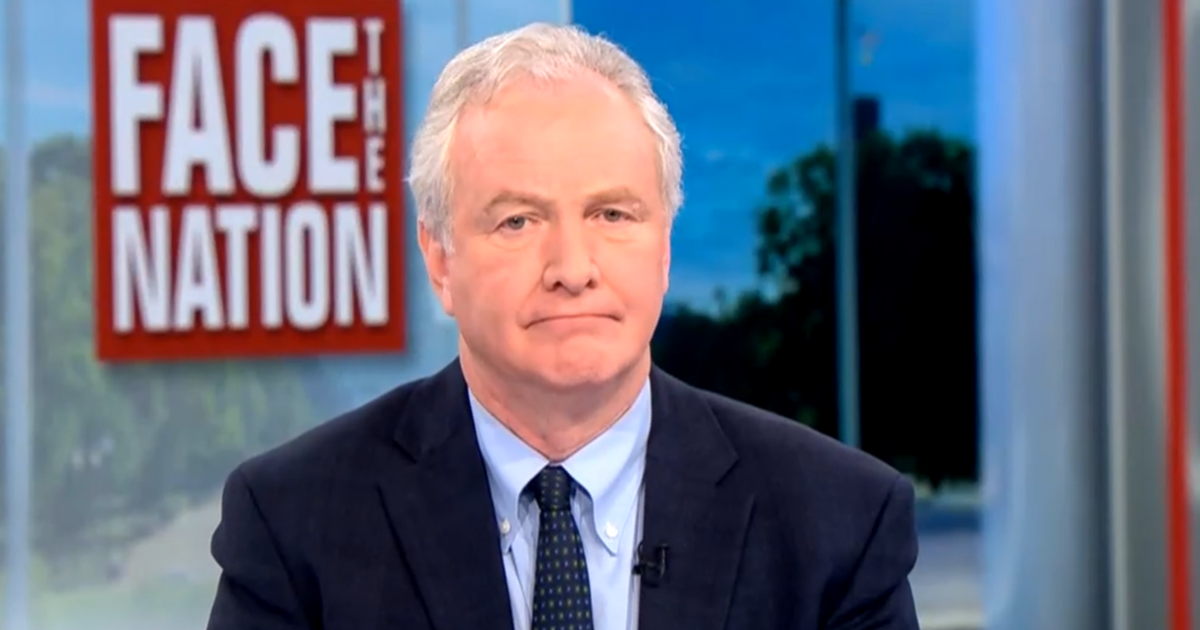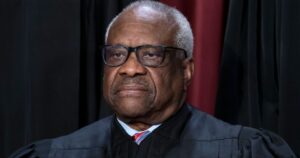Key takeaways:
- Senator Chris Van Hollen revealed that El Salvador initially blocked his meeting with Kilmar Abrego Garcia, a deported Salvadoran living in Maryland, who was placed in the harsh CECOT prison; the deportation was part of a White House initiative later admitted as a mistake by U.S. officials.
- Van Hollen noted that Salvadoran authorities eventually allowed the visit, acknowledging the negative optics of the initial refusal, highlighting concerns over U.S. immigration and deportation policies amid diplomatic tensions.
- Separately, Secretary of State Marco Rubio suggested the U.S. might abandon efforts to end the war in Ukraine if peace talks fail, signaling a potential shift in U.S. foreign policy following discussions with European and Ukrainian leaders.
Senator Chris Van Hollen stated on Sunday that the government of El Salvador initially attempted to prevent him from meeting with Kilmar Abrego Garcia, a 29-year-old Salvadoran national who had been living in Maryland. Abrego Garcia was recently deported to El Salvador and placed in the country’s CECOT prison, a facility known for its harsh conditions. The deportation occurred as part of a White House initiative, although U.S. officials later acknowledged in court that Abrego Garcia’s removal was a mistake.
Van Hollen, a Democrat from Maryland, commented on the situation during an appearance on “Face the Nation with Margaret Brennan.” He suggested that Salvadoran authorities eventually reversed their stance, allowing the senator to visit Abrego Garcia. “I think they realized that that was not a good look at the end of the day,” Van Hollen remarked, referring to the initial refusal to permit the meeting.
The case has drawn attention amid ongoing diplomatic tensions and scrutiny of U.S. immigration and deportation policies. Abrego Garcia’s deportation raised questions about the administration’s handling of individuals with ties to the United States, especially when errors in the process come to light. The White House has faced criticism for the circumstances surrounding the deportation and the treatment of those sent to El Salvador.
In a related context, Secretary of State Marco Rubio recently indicated that the United States might consider stepping away from efforts to negotiate an end to the war in Ukraine. Speaking from Paris, Rubio said, “If it is not possible to end the war in Ukraine, we need to move on.” His remarks came after meetings with European and Ukrainian officials and have sparked discussion about the future direction of U.S. foreign policy in the region.






Be First to Comment